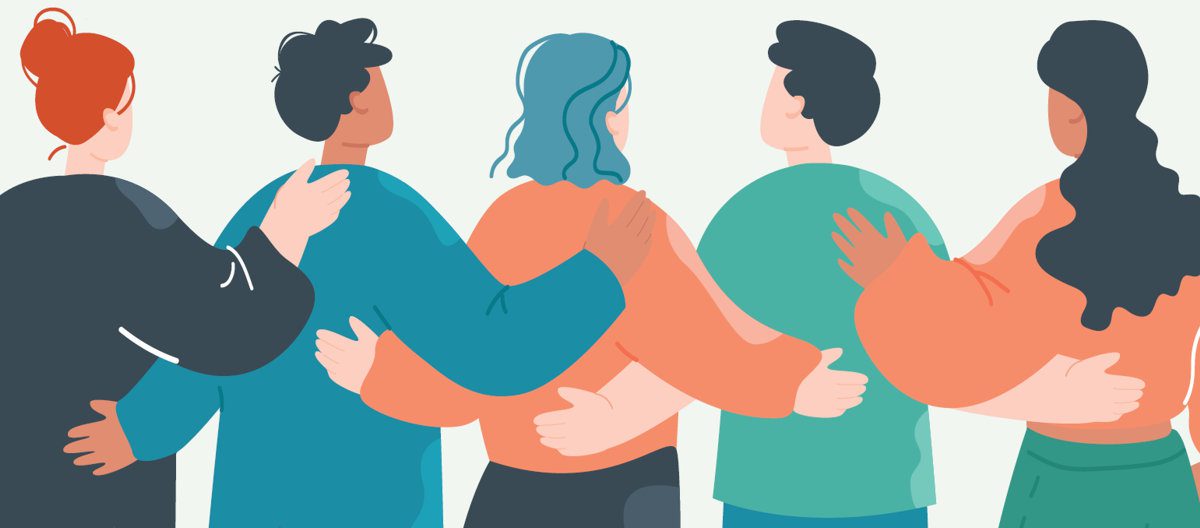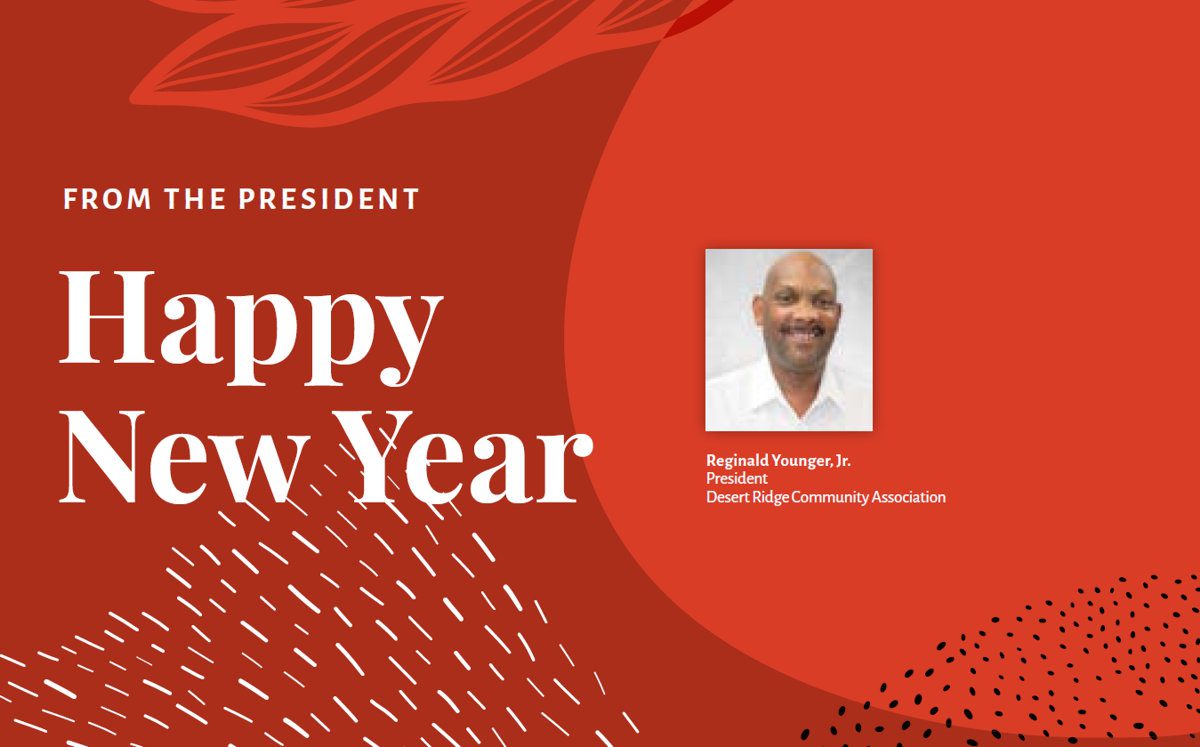Numerous surveys indicate that at the start of every New Year, over 80% of Americans set resolutions aimed at enhancing their lives. The top two resolutions primarily focus on improving health and finances. Here are some resolution tips to assist you in these areas:
Improve Your Wellness
Focusing on good health offers a multitude of benefits that significantly impact your life. First, it elevates your quality of life by providing increased energy, vitality, and resilience, enabling you to fully engage in activities you love. This emphasis on health also correlates with longevity, as developing healthy habits contributes to a longer and healthier lifespan.
Additionally, good health positively influences mental well-being and productivity. The connection between physical and mental health is well-established and has been shown to enhance mood and focus. Here are four healthier habits to start with:
Breathe Deeply
Deep breathing, also known as diaphragmatic (or belly) breathing, occurs when the diaphragm contracts and allows the lowest part of the lungs to receive their share of oxygenated air.
We eliminate approximately 70% of the toxins from our bodies when we exhale. When our breathing is shallow, our bodies must work extra hard to release these toxins.
Benefits of deep breathing include:
- Improved Immunity: By helping remove toxins allowing the immune system to focus on other areas.
- Improved Mood: By releasing endorphins to help reduce feelings of stress and pain.
- Improved Blood Pressure: By helping muscles to relax which allows blood vessels to dilate and improve circulation.
How to do Deep Breathing:
One of the most popular techniques for deep breathing is the 4-7-8 technique. Get comfortable either lying down or sitting relaxed and follow these simple steps:
- Open your mouth and exhale as much air from your lungs as possible.
- Place one hand on your belly and the other on your chest.
- Take a deep, slow breath through your nose while expanding your belly, and silently count to 4 as you breathe in.
- Hold your breath, and silently count to 7.
- Exhale through your mouth slowly while silently counting to 8. Try expelling all your air by the time you count to 8.
- Repeat 5 to 7 times.
Drink Water
We can survive up to 21 days without food, but only 3 without water. Water makes up over half of the human body. It may surprise you to know that 90% of our blood is made up of water, 73% of our vital organs are made up of water, our skin contains 64% water, and even our bones are 31% water.
Consuming one ounce of water for every 2 pounds of body weight:
- Regulates Body Temperature
- Improves Blood Pressure
- Protects Tissues and Lubricates Joints
- Aids in Digestion – Removing Waste and Increasing Nutrient Absorption
- Helps with Weight Loss and Maintenance
- Improves Immune System Function
Incorporate Movement
- Regulates Body Temperature
- Improves Blood Pressure
- Protects Tissues and Lubricates Joints
- Aids in Digestion – Removing Waste and Increasing Nutrient Absorption
- Helps with Weight Loss and Maintenance
- Improves Immune System Function
Incorporate Movement
Exercise, even stretching and walking, promotes longevity, vitality, strength, and flexibility. Regular physical activity is important for improving your brain health, weight management, reducing disease, strengthening your bones and muscles, and improving your ability to do everyday activities.
Regular physical activity can:
- Raise your HDL (good) cholesterol and lower triglycerides.
- Reduce your risk of developing metabolic syndrome / type 2 diabetes.
- Positively affect cognition and mood
- Lower blood pressure and improve cardiovascular health.
- Lower the risk of functional limitations as we age.
Get Sleep
Sleep significantly impacts brain function and its ability to adapt to input. Sleep is when the body repairs cells, restores energy, and releases molecules like hormones and proteins. As adults we need 7 – 8 hours of sleep each night.
Getting a proper night’s sleep:
- Allows us to store memories long term
- Allows us to properly regulate hormone Production
- Allows us to Produce Immune Cells
- Improves focus, concentration, creativity, and decision making.
- Helps reduce anxiety, stress, and depression.
Brighten Your Financial Outlook
Improving one’s finances often tops the list when it comes to New Year’s resolutions. Whether it is reducing (or eliminating) debt, building savings, or investing wisely, better financial health is a goal for nearly everyone. Fortunately, there are simple steps you can take to enhance your financial well-being.
Step 1 – Assess Your Financial Situation
Start by assessing your current financial status. Take stock of your income, expenses, debts, and savings. Understanding where you stand financially sets the stage for effective planning.
Step 2 – Create a Budget
A budget is your roadmap to financial stability. List your sources of income and allocate specific amounts to essential expenses such as bills, groceries, and transportation. Don’t forget to set aside some funds for savings and unexpected costs.
Step 3 – Cut Unnecessary Expenses
You’d be surprised at how trimming just a few unnecessary expenses can significantly impact your finances. Identify areas where you can cut back, such as dining out less frequently, reducing subscription services, or finding less expensive alternatives without compromising on quality.
Step 4 – Pay Down Debts Strategically
High-interest debts can be a significant hurdle to financial freedom. Prioritize paying off debts, starting with those carrying the highest interest rates. Consider debt consolidation or negotiating with creditors to lower interest rates.
Step 5 – Build an Emergency Fund
Unexpected expenses can disrupt financial plans. Your goal should be to build an emergency fund that covers at least three to six months’ worth of living expenses. This safety net can cushion many financial blows and lessen the chances of relying on credit in emergencies.
If you feel overwhelmed by debt, you can reach out to a nonprofit like the National Foundation for Credit Counseling (www.nfcc.org) for help.
Making New Year’s resolutions should not be an empty tradition, but a powerful tool for personal growth and achievement.
As we step into a new year, let’s welcome the opportunity for positive change and growth. If you find yourself straying from your resolutions then stop, reset, and start over. There is no need to wait until next year.
Steve Burns
Chair
Community Awareness & Finance








